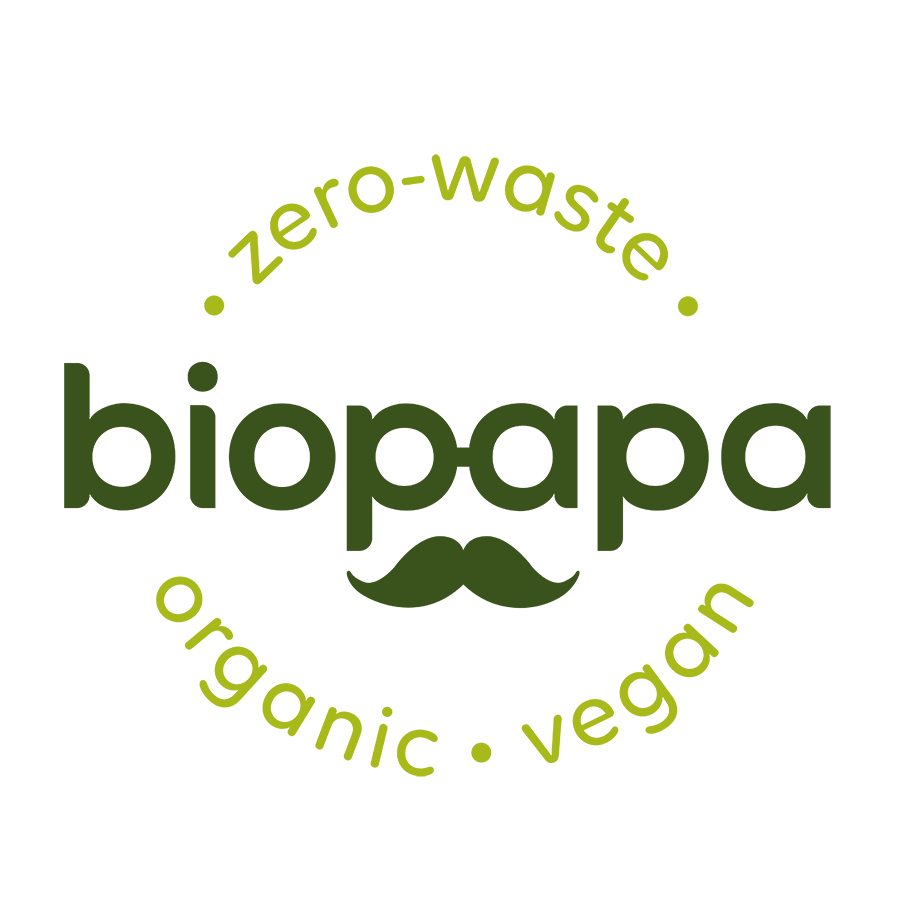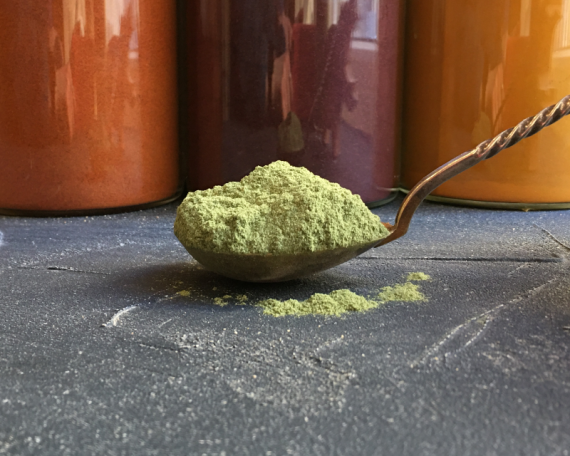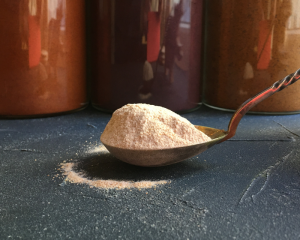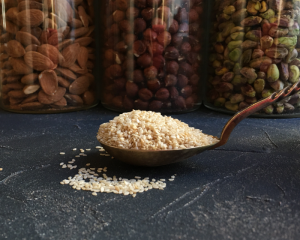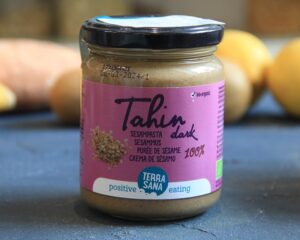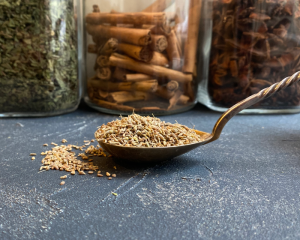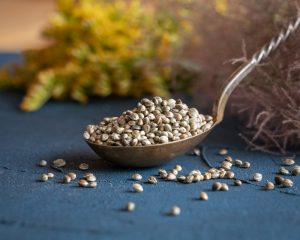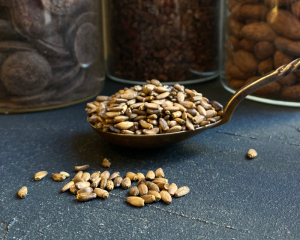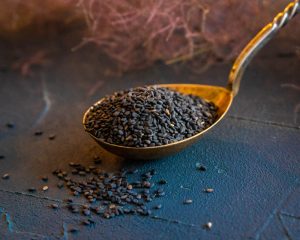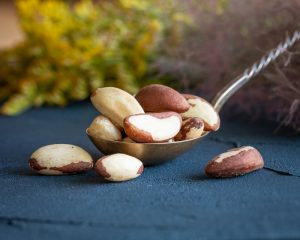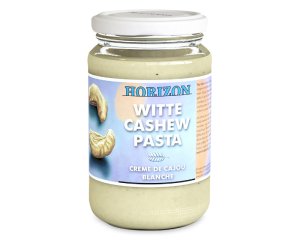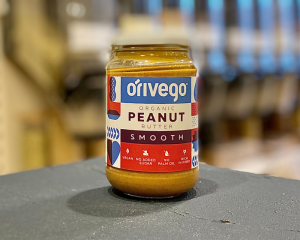Organic blue-green alfalfa powder (Alfalfa)
From 3.05€
Blue-flowered lucerne is a perennial (up to 10 years) leguminous plant with many stems in the bean family (Fabaceae). Blue alfalfa improves the soil and is a spice, honey and medicinal plant. Blooms from June to September. Grows in the hills, tolerates drought. Likes non-acidic soils. It absorbs valuable trace elements and minerals from the ground. The roots of this plant penetrate deeper and feed on trace elements that are not present on the surface.
Alfalfa is believed to be one of the first edible plants known to mankind. In Arabic, its name means “father of all food”. It is clear that alfalfa was vital to people in ancient times. It has been used in traditional medicine, such as Chinese or Ayurvedic medicine, for more than 1500 years.
-The phenolic compounds and flavonoids in alfalfa are excellent antioxidants, able to scavenge free radicals.
-Contains many essential amino acids
-Isoflavones have an estrogen-like effect, making alfalfa beneficial for menopausal women
Use: Alfalfa has a mild flavour and is perfect for adding to porridges, smoothies, sauces, soups, side dishes and stews. Pairs well with salads. Alfalfa tea can be made (several teaspoons)
The recommended daily intake is 1-2 teaspoons. Organic alfalfa powder will enrich your food with biologically valuable substances.
100% organic alfalfa
Energy value 1161kJ / 280 kcal
Fat 3,5 g
- of which saturates 1 g
Carbohydrates 16 g
- of which sugars 2,9 g
Fibre 48,4 g
Protein 21,9 g
Salt 0,45 g
Store in a clean, well-ventilated place. Keep out of direct sunlight.
